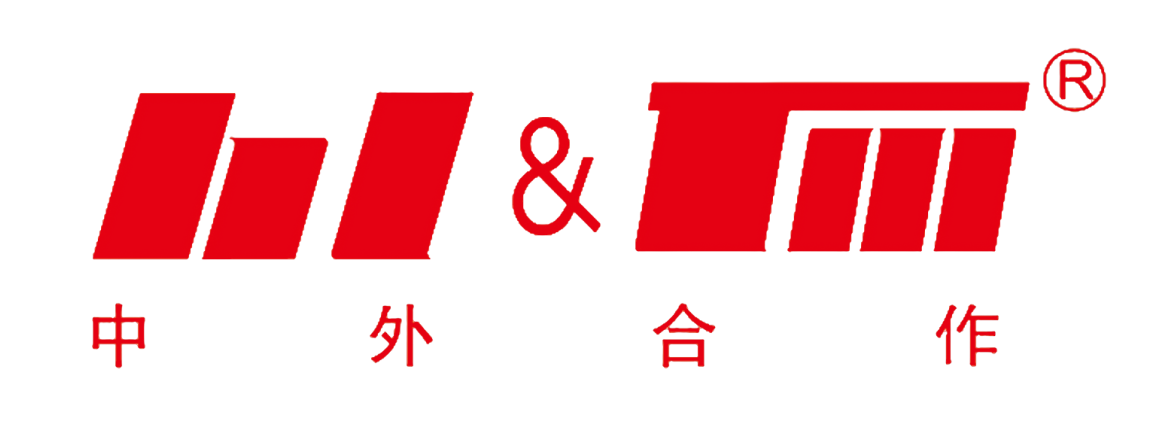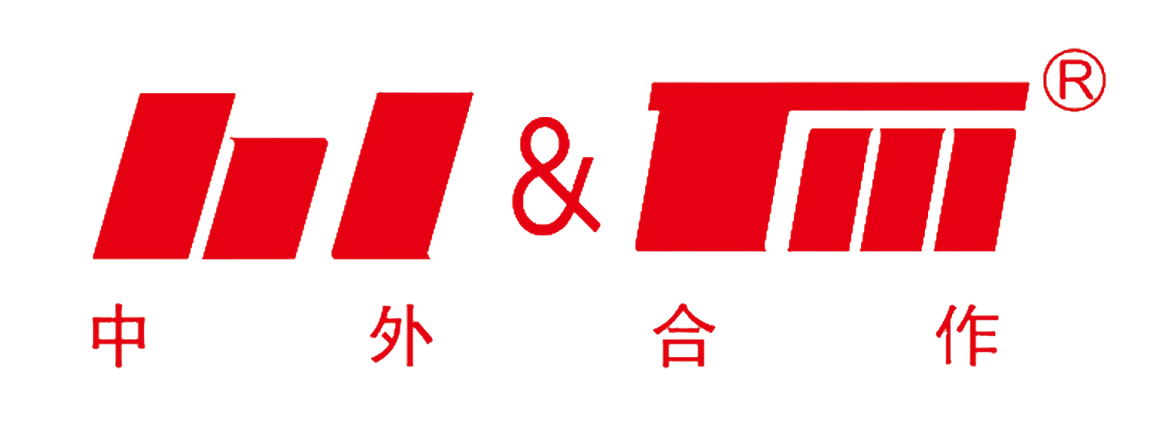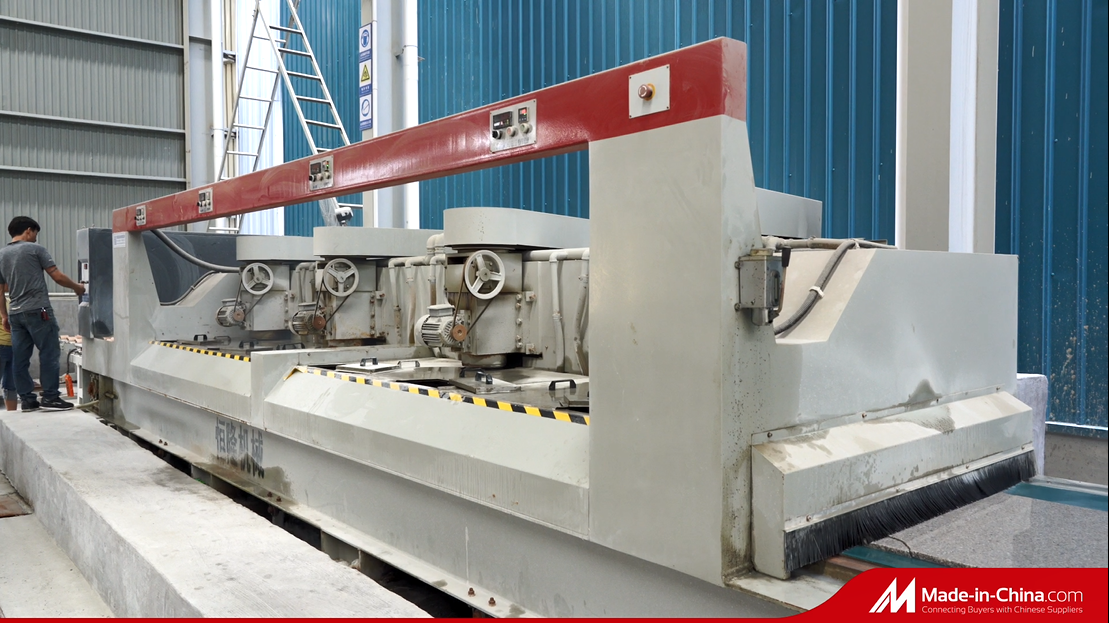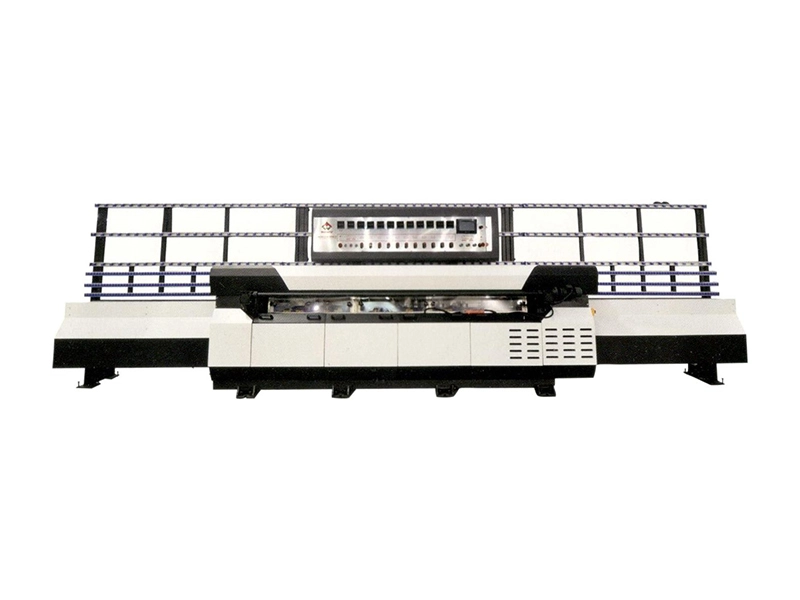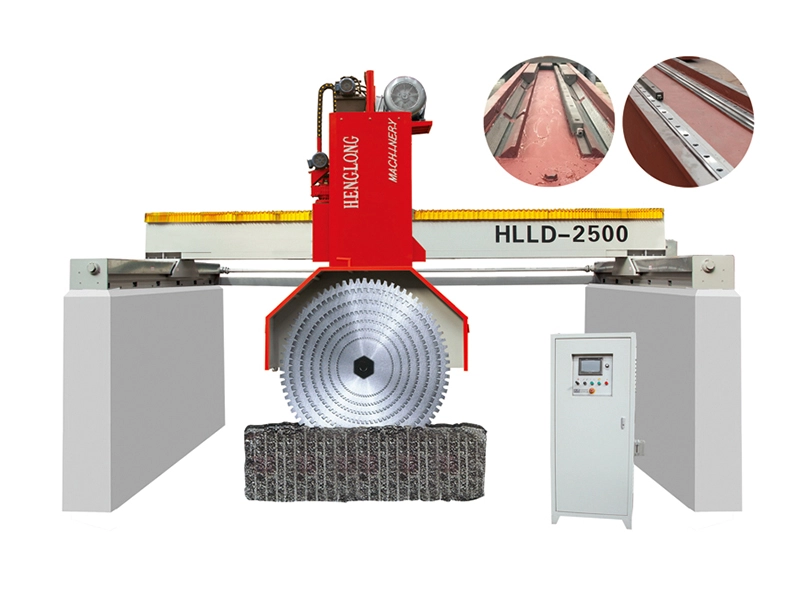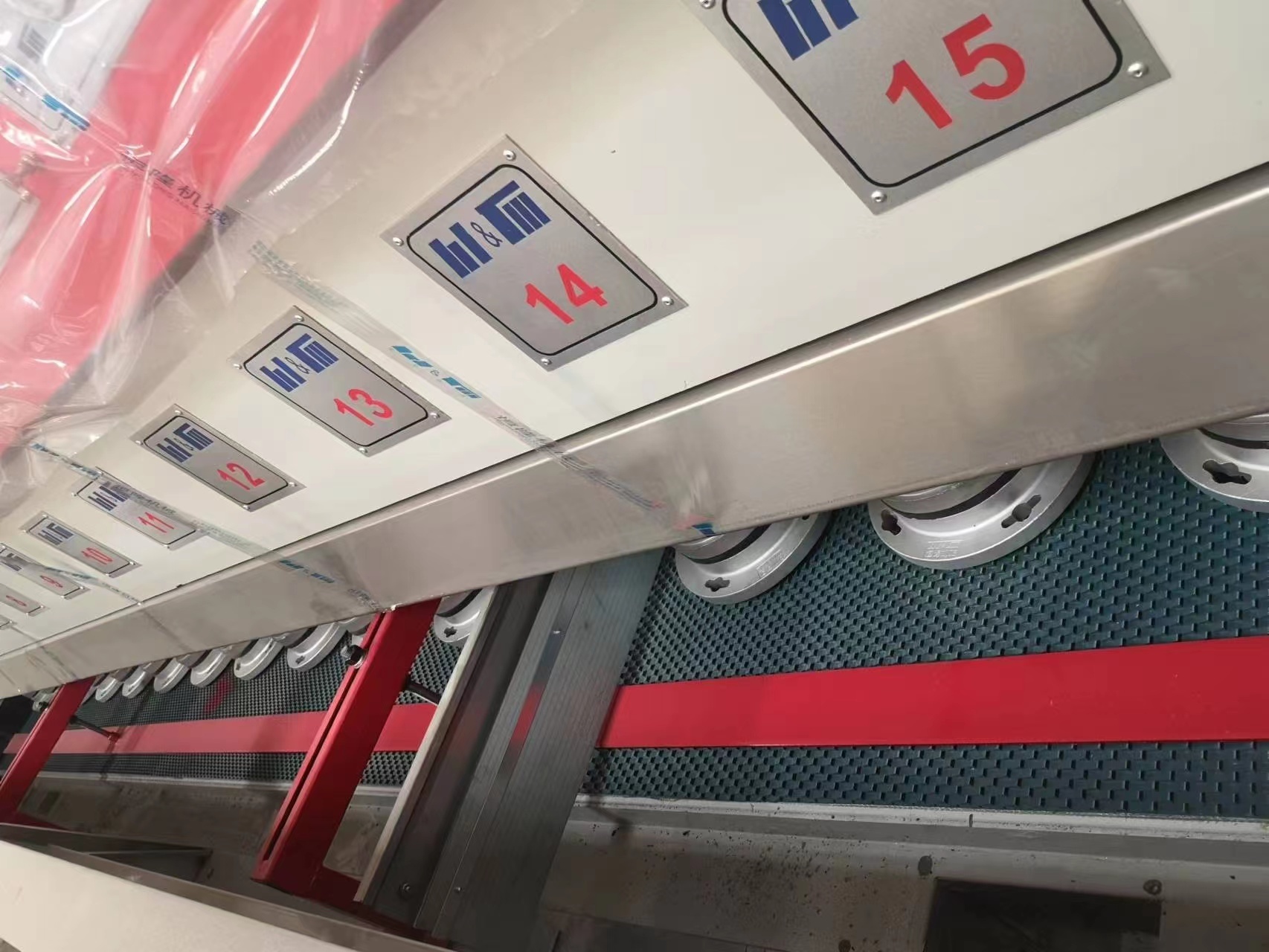ONLINE INQUIRY
*Note: Please be sure to fill in the information accurately, and keep the communication unblocked, we will get in touch with you as soon as possible
The Essential Guide to Stone Calibrating Machines in Stone Processing
Time:
Mar 03,2025
In the realm of building and decorative materials, particularly within stone processing, the stone calibrating machine plays a crucial role. This innovative equipment is designed to ensure that stone slabs are uniformly thickness and surface flatness, which are essential aspects in the production of high-quality stone products.
The primary function of a stone calibrating machine is to reduce the thickness of stone slabs to a precise measurement. This process involves the use of multiple rotating diamond blades or grinding wheels that meticulously remove layers of stone. The result is a stone slab that not only has a consistent thickness but also a refined finish, ready for subsequent processing or direct installation.
One of the key benefits of using stone calibrating machines is improved productivity. By automating the calibration process, businesses can significantly increase their output compared to manual methods. This efficiency is particularly vital in large-scale operations where time and consistency are essential. Additionally, the precision offered by these machines minimizes waste, as less material is removed unnecessarily.
Moreover, stone calibrating machines contribute to enhanced product quality. Consistency in thickness and surface flatness is critical when stones are used for cladding, flooring, countertops, or other decorative applications. A stone slab that is not uniformly calibrated may lead to complications during installation, such as uneven surfaces or gaps, which can compromise both aesthetic appeal and structural integrity.
Today's stone calibrating machines are equipped with advanced technology, including digital controls and sensors that facilitate precise adjustments. Operators can easily monitor the calibration process, ensuring that the desired thickness is achieved without compromising the quality of the stone. This technology not only enhances the accuracy of the process but also reduces the risk of human error.
In addition to improving quality and efficiency, investing in stone calibrating machines can also lead to cost savings over time. Although there may be an initial investment in acquiring this equipment, the long-term benefits in productivity and material conservation often outweigh these costs. Businesses can achieve a quicker return on investment through increased throughput and reduced waste.
In summary, stone calibrating machines are an indispensable asset in the stone processing industry. By providing uniform thickness and improving surface quality, these machines streamline operations, enhance product quality, and contribute to overall business productivity. For companies looking to stay competitive in the building and decorative materials sector, adopting stone calibrating technology is a strategic move that can yield significant benefits.
The primary function of a stone calibrating machine is to reduce the thickness of stone slabs to a precise measurement. This process involves the use of multiple rotating diamond blades or grinding wheels that meticulously remove layers of stone. The result is a stone slab that not only has a consistent thickness but also a refined finish, ready for subsequent processing or direct installation.
One of the key benefits of using stone calibrating machines is improved productivity. By automating the calibration process, businesses can significantly increase their output compared to manual methods. This efficiency is particularly vital in large-scale operations where time and consistency are essential. Additionally, the precision offered by these machines minimizes waste, as less material is removed unnecessarily.
Moreover, stone calibrating machines contribute to enhanced product quality. Consistency in thickness and surface flatness is critical when stones are used for cladding, flooring, countertops, or other decorative applications. A stone slab that is not uniformly calibrated may lead to complications during installation, such as uneven surfaces or gaps, which can compromise both aesthetic appeal and structural integrity.
Today's stone calibrating machines are equipped with advanced technology, including digital controls and sensors that facilitate precise adjustments. Operators can easily monitor the calibration process, ensuring that the desired thickness is achieved without compromising the quality of the stone. This technology not only enhances the accuracy of the process but also reduces the risk of human error.
In addition to improving quality and efficiency, investing in stone calibrating machines can also lead to cost savings over time. Although there may be an initial investment in acquiring this equipment, the long-term benefits in productivity and material conservation often outweigh these costs. Businesses can achieve a quicker return on investment through increased throughput and reduced waste.
In summary, stone calibrating machines are an indispensable asset in the stone processing industry. By providing uniform thickness and improving surface quality, these machines streamline operations, enhance product quality, and contribute to overall business productivity. For companies looking to stay competitive in the building and decorative materials sector, adopting stone calibrating technology is a strategic move that can yield significant benefits.
RELATED NEWS
